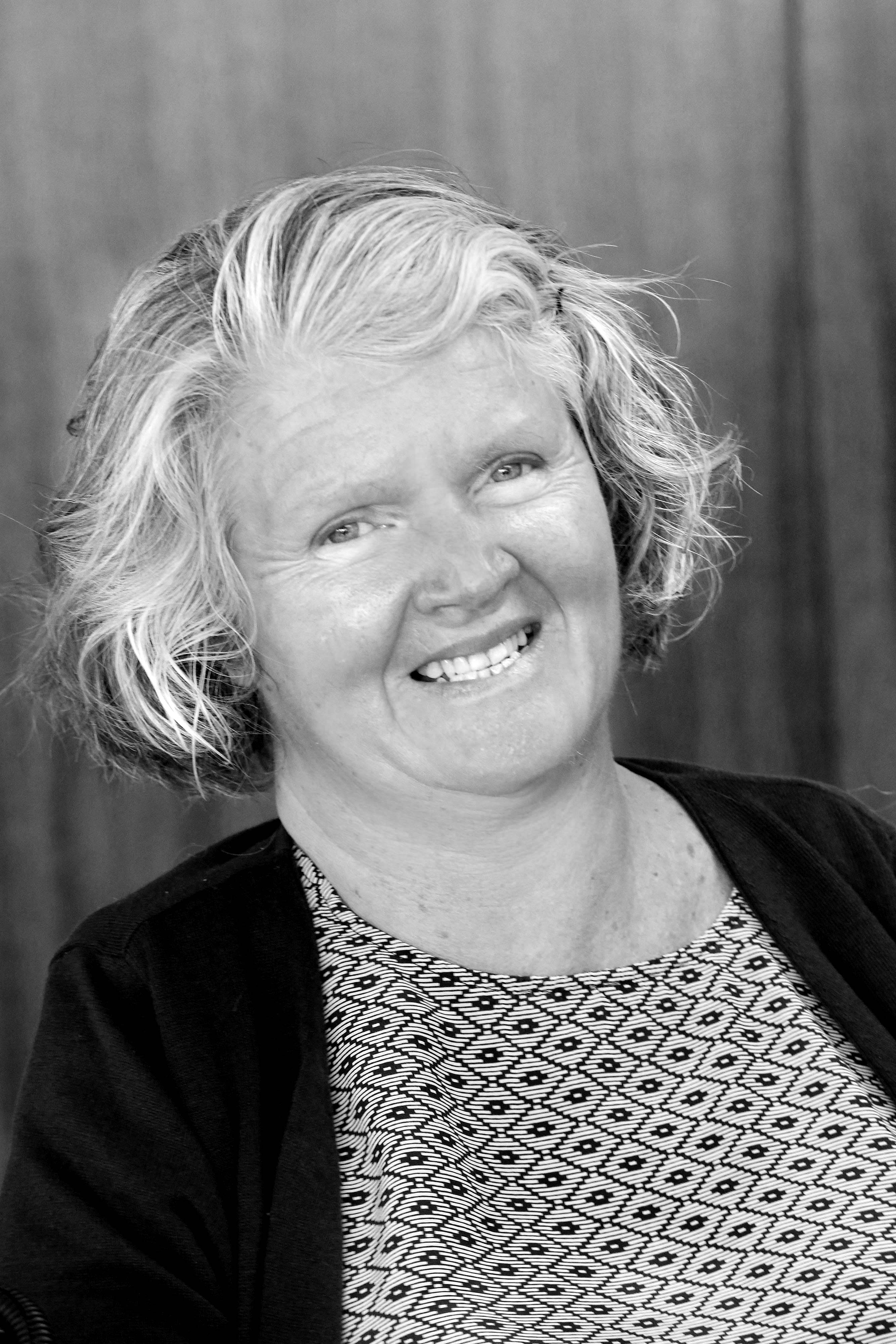Disability Practice in the Spotlight
Disability Innovation Institute
An idea whose time has come

It’s easy to think that new initiatives emerge overnight. The reality is that this is mostly far from the truth. After fifteen years of imagining what could be possible if people interested in inclusion - academics from across different faculties, people with disability, organisations and governments – came together to research and design solutions that would to have a positive impact on the experiences of people with disability, the University of NSW are proud to announce their Disability Innovation Institute.
The Institute combines disability studies with STEM (Science, Technology, Engineering and Medicine), and Humanities and Social Sciences researchers to design accessible and inclusive working, living, and learning environments, generate innovative technologies, and create inclusive law, policy, services, markets and communities.
It is building on a network of researchers across faculties who were interested in applied disability issues and inclusive research practices. Whilst the disability sector has been previously overlooked, the growing interest is now offering a whole new market for inclusive and universal design. And the Institute’s interdisciplinary approach will bring good business models, laws, policy and frameworks together to respond to these opportunities.
The Institute acknowledges that the nature of disability cross-cuts many issues and domains of life. And has emerged in response from the United Nations Convention on the Rights of Persons with Disabilities, the National Disability Strategy (NDS) and the National Disability Insurance Scheme (NDIS), that all embed the principle that disability is just one aspect of the human experience, and people with disability should be able to access and participate in the community.
At the same time the UNSW 2025 Strategy’s vision for enabling world-class research and innovation that has a positive impact on their economy and society, places disability firmly within their priorities. This calls on the university to be thought leaders and innovators, from discovery to evidence-based applications, in partnership with industry, government and the community.
“For so long disability hasn’t been part of the public or wider academia discourse, or if it was it rarely went beyond a medical or social work perspective,” said Rosemary Kayess, a specialist in discrimination law in UNSW’s Faculty of Law, and researcher with the Social Policy Research Centre. “However with the UN Convention, NDS, and the NDIS the focus is changing”.
Rosemary believes that the NDS is an important piece of Australian policy work, and needs to be re-invigorated to drive the energy and innovation required to underpin the opportunities from the NDIS. The NDS was developed in response to the Shut Out Report that highlighted the social isolation and exclusion of people with disability. The strategy commits all levels of government to a national approach to improve the lives of people with disability, their families and carers, and provide leadership for a community-wide shift in attitudes, so that people with disability are able to maximise their potential and participate as equal citizens in our society.
“The more the community is made generally accessible the less individual support is required,” said Rosemary.
So the greater appreciation of the lived experience of disability, and the need to address this at all levels of society meant that the Institute was an idea whose time had come. But while the concept had been simmering in the background for many years, once it was embedded in the University’s 2025 Strategy they had a very tight window of five months to pull the business case together.
They needed to harness the expertise and commitment of the loose network of researchers that had been in existence since the 1990s, and broaden this base beyond individual faculties. .
“This initiative is much more than just increasing the research pie, it’s also about creating a space that hasn’t been captured before,” says Rosemary. “In thought leadership, knowledge exchange and inclusive practices, and UNSW is well positioned to do this, both nationally and internationally.”
By embedding the lived experience of disability in the teaching framework and research practices and methods across the University, the UNSW aims to be an incubator to develop inclusive learning and teaching practices, and then take these to the wider community. The Institute will bring people with disability in to contact with researchers and industry so they can directly inform the design of solutions. Hence forging strong links between the ‘users’ and the ‘makers’.
The structure of the Institute will be as innovative as the designs it hopes to foster, with leadership by people with disability. The Advisory Board will be chaired by a person with disability, and they are currently seeking an Academic with disability to lead the Institute.
“So it’s replacing the current practice that people with disability need to adapt to innovation,” explained Rosemary. “Rather they can be involved in driving and informing the research questions, and the design of the innovations to ensure upfront that they meet their needs.”
In five years’ time the Institute hopes to be a thriving space for innovation and the engagement of ‘users’ and ‘makers’. A leading incubator based on networking, knowledge exchange, and research teams who are working in close partnership with people with disability, organisations, and governments to realise the intent of the NDS.
And while we may lament at how much further along the track to being an inclusive society we may have been if the Institute had preceded the NDS and roll out of the NDIS, we can now watch with keen interest at what can be achieved with energy, drive, focus and a strong inclusive framework to improve the experiences of people with disability across all the domains of life.
Link to the Disability Innovation Institute
Written by: Debbie Hindle
October 2017

